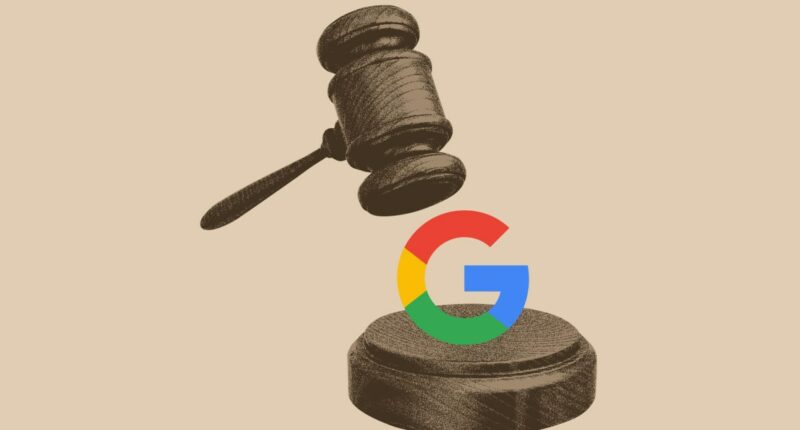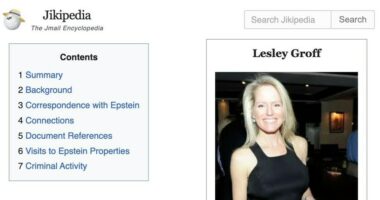Share this @internewscast.com
Disclosure: Penske Media Corporation is an investor in Vox Media, The Verge’s parent company.
Penske Media Corporation, the publisher behind well-known titles like Rolling Stone and The Hollywood Reporter, has made headlines as the first leading American media company to initiate a lawsuit against Google over its use of AI-generated summaries. The suit argues that these AI Overviews, which are prominently displayed at the top of search results, dissuade users from clicking through to the original sources, thereby diminishing site traffic and unfairly capitalizing on the journalism produced by its staff.
Although Penske Media stands out due to its size, it is not alone in challenging Google over AI Overviews. Chegg, a provider of online education solutions, filed a similar lawsuit in February, joined by several independent publishers across Europe. Additionally, the News / Media Alliance has expressed strong criticism of this feature, labeling it as “the definition of theft” and calling for Justice Department intervention.
José Castañeda, a spokesperson for Google, defended the summaries in the Wall Street Journal by stating that “with AI Overviews, people find search more helpful and use it more.” However, Penske and other publishers argue that there is minimal incentive for users to click on the links within search results, which has led to decreasing traffic and revenue. According to Penske’s lawsuit, income from affiliate links has plummeted by over one-third this year, a decline it attributes directly to reduced Google traffic.
The corporation claims to be caught in a difficult dilemma. It can choose to block Google from indexing its content, which would remove it entirely from search engine results and likely harm its business further, or continue allowing Google to utilize its content as training material for AI—essentially exacerbating a problem that jeopardizes PMC’s publishing venture, as described in their complaint filed with reference to the Wall Street Journal.









